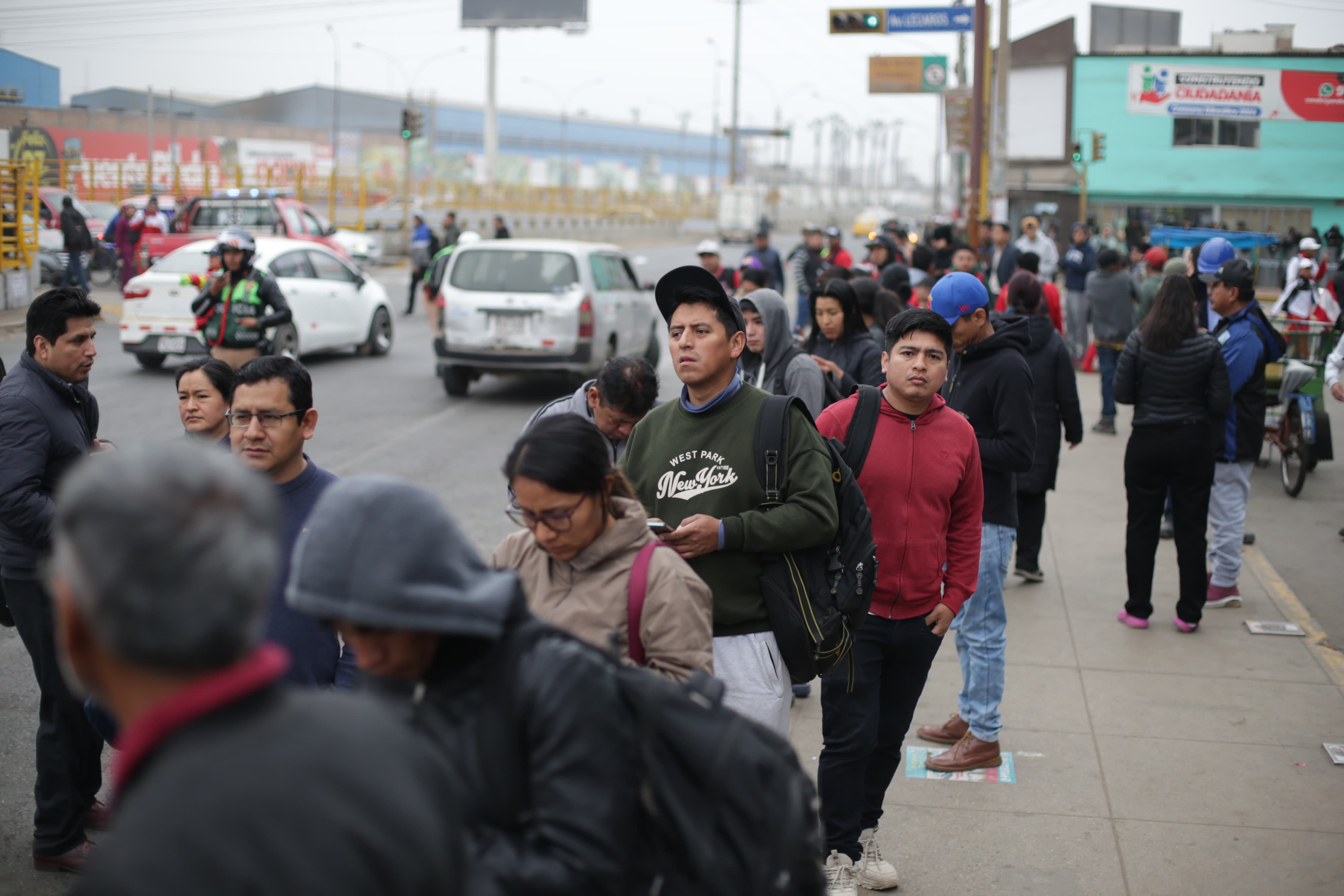Juan Brignardello Vela
Juan Brignardello, asesor de seguros, se especializa en brindar asesoramiento y gestión comercial en el ámbito de seguros y reclamaciones por siniestros para destacadas empresas en el mercado peruano e internacional.




The recent increase in tensions in Lebanon has caught international attention, leading France and the United States to propose a temporary ceasefire of 21 days in an attempt to curb the escalation of the conflict between Israel and the Iran-backed Islamist group Hezbollah. This proposal was announced during an emergency session of the UN Security Council, following discussions between US President Joe Biden and his French counterpart, Emmanuel Macron, to address the situation in the region. French Foreign Minister Jean-Noël Barrot stated that this initiative aims to create a conducive space for negotiations. "It is urgent that all actors commit decisively to a path of de-escalation," emphasized Barrot, as the international community watches with concern the unfolding events in Lebanon. The proposal seeks to allow a respite in the conflict that has intensified following recent deadly attacks by Israeli forces. UN Secretary-General António Guterres also called for an immediate ceasefire, describing the situation in Lebanon as a "hell unleashed." His intervention underscores the urgency with which the global community is urging the parties involved to stop the violence before it causes more harm and suffering to the civilian population. From the Israeli side, the message has been one of caution, although it has shown receptiveness to diplomacy. Israel's representative to the UN, Danny Danon, highlighted the importance of diplomatic efforts to prevent further escalation. However, he made it clear that Israel will not relent in its objective to weaken Hezbollah, which further complicates the situation and calls into question the effectiveness of the proposed ceasefire. Tensions in the Middle East are intensifying within a broader context marked by the failure of a ceasefire in Gaza, where Israel has been at war with the Palestinian group Hamas for nearly a year. This scenario highlights the complexity of the conflicts in the region, where the interests of different actors intertwine, creating a difficult web to untangle. The situation is even more tense due to warnings from Iran. Iranian Foreign Minister Abbas Araghchi has indicated that the region is "on the brink of a large-scale catastrophe." His statement underscores the potential for a broader regional conflict if hostilities are not controlled. Iran has expressed its support for the Lebanese people, which could imply an escalation of its involvement in the conflict if circumstances require it. Meanwhile, the prospects for a ceasefire and a peaceful resolution remain uncertain. The international community is closely monitoring developments in the region, aware that any miscalculation could trigger devastating consequences for the stability of Lebanon and other neighboring countries. The ceasefire proposal by France and the United States, while well-received in some circles, faces a titanic challenge: the lack of trust between the parties and the persistent hostility that has characterized recent years of conflict in the region. The history of confrontations between Israel and Hezbollah has left deep scars, and the possibility of a lasting truce is hindered by mutual distrust. In this context, the intervention of external actors such as France and the United States may be crucial, but it may also be met with skepticism. Efforts must be accompanied by a genuine commitment from all parties involved, as well as a clear framework that prioritizes the peace and security of the affected populations. The future of Lebanon and the region depends on the ability of these actors to work together and achieve a ceasefire that is not only temporary but also establishes the foundations for sustained dialogue and a peaceful resolution of the conflict. The hope is that, amid the crisis, the voices of diplomacy and cooperation will prevail over the din of war.
Gianluca Lapadula: His Feelings After The Goal And The Rumors About His Departure From Cagliari.

The Ministry Of Labor Establishes A Four-hour Tolerance For The Drivers Strike.

"Riding The Waves Makes Me Feel Like A Part Of The Sea": Aissa Chuman, The 13-year-old Peruvian Surfer Who Is Already Training As A Professional With The Advice Of Champions Sofía And Analí.





